NASA – Alabama Space Grant Consortium
Research Experiences for Undergraduate (REU) Program
Hybrid and Remote Undergraduate Research Experiences in Materials Research
University of Alabama at Birmingham (UAB)
NASA-Alabama Space Grant Consortium (ASGC) program at UAB is inviting applications for a Research Experiences for Undergraduates (REU) program during Fall-2020 and Spring-2021 from students that are currently enrolled at UAB. We offer REU-projects in five research clusters: (1) computational materials research/machine learning (2) materials under extreme conditions (3) materials for energy applications, (4) materials for sensors and laser applications, and (5) biomaterials for implants, tissue engineering and drug delivery applications. This REU experience will be offered in a hybrid model which will include fully remote participation for computational research projects and partly remote and partly on ground lab experiences for experimental research projects within the constraints of social distancing and other laboratory safety measures. The undergraduates will carry out the analysis of data generated in their research projects in a fully remote fashion and make Zoom presentations on completed research to faculty mentors and other undergraduates participating in this program.
The program will offer flexible working hours during Fall-2020 and Spring-2021 (staring October 1, 2020 and ending February 28th, 2021). The program will pay $5,000 over the entire work period involving 400 hours of remote/hybrid research with a faculty mentor at UAB.
For program information contact program director Yogesh Vohra (ykvohra@uab.edu) and for application questions contact program coordinator Charita Cadenhead (charita@uab.edu).
The application deadline is September 15th, 2020. Apply using the following web-site. https://sites.uab.edu/cnmb/research-experiences-for-undergraduates/

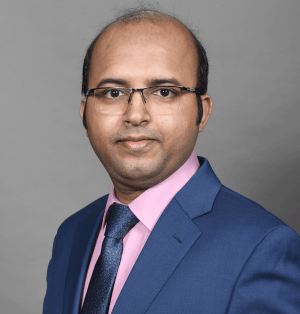

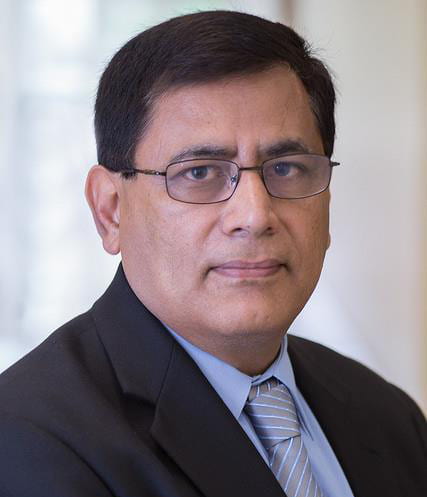
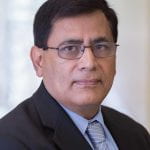
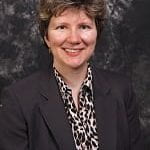
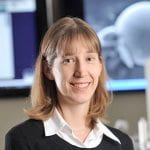
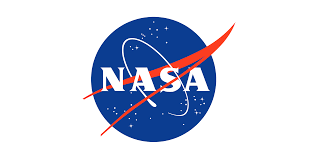
 Congratulations to Sonal Singh and co-authors for their recently accepted manuscript. The paper entitled ”Spatially Controlled Fabrication of Brightly Fluorescent Nanodiamond-Array with Enhanced Far-Red Si-V Luminescence” (by Sonal Singh, Vinoy Thomas, Dmitri Martyshkin, Veronika Kozlovskaya, Eugenia Kharlampieva, and Shane Catledge) will appear in the JournalNanotechnology. The paper will be available online to readers at
Congratulations to Sonal Singh and co-authors for their recently accepted manuscript. The paper entitled ”Spatially Controlled Fabrication of Brightly Fluorescent Nanodiamond-Array with Enhanced Far-Red Si-V Luminescence” (by Sonal Singh, Vinoy Thomas, Dmitri Martyshkin, Veronika Kozlovskaya, Eugenia Kharlampieva, and Shane Catledge) will appear in the JournalNanotechnology. The paper will be available online to readers at 